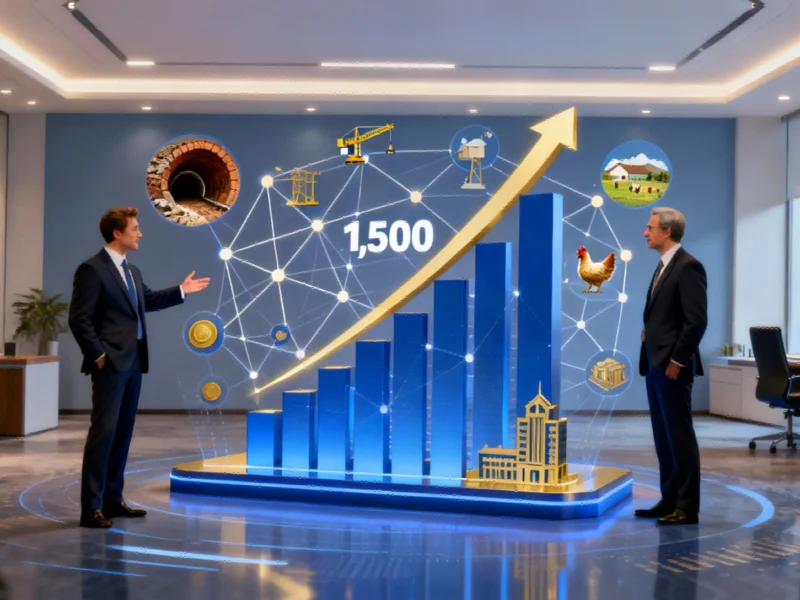According to Fortune, Steve Jobs called Warren Buffett around 2010 to discuss what to do with Apple’s massive cash reserves, which Buffett described as “many, many, many, many billions.” At the time, Apple stock was trading around $7.40 per share compared to today’s $245+. Buffett laid out four options: stock buybacks, dividends, acquisitions, or sitting on the cash. Jobs acknowledged Apple stock was undervalued but ultimately did nothing with the money, despite Buffett’s suggestion that buybacks made sense. The Oracle of Omaha later learned Jobs claimed Buffett had agreed with doing nothing, though that wasn’t actually the case. This conversation reveals key aspects of Jobs’ leadership style just before his 2011 death.
The stubbornness that built Apple
Here’s the thing about Steve Jobs – his refusal to follow conventional wisdom wasn’t just some personality quirk. It was literally how he built Apple into what it became. Think about it: he ignored one of the most successful investors in history telling him to buy back stock when it was trading at what’s now a tiny fraction of its current value. And honestly? It worked out pretty well for Apple shareholders anyway.
Jobs just liked having the cash. He wanted that financial security blanket, that ability to make big moves without needing to ask anyone for permission. In a world where tech companies were constantly chasing quarterly results, Jobs played the long game. His former colleagues describe him as “demanding, acerbic, and imperious” – exactly the kind of person who’d thank you for your advice then do whatever he wanted anyway.
Buffett’s own buyback dance
Now here’s where it gets really interesting. Buffett wasn’t exactly consistent with his own advice. He’d previously avoided buybacks at Berkshire Hathaway, then started doing them, then halted them again in 2024 saying stocks were too expensive. Basically, he follows his own rule: only buy back when it’s a bargain.
But wait – didn’t he just tell Jobs to buy back Apple stock? Well, yes, but he thought Apple WAS a bargain at $7.40. The man knows value when he sees it. And he’s right that stock buybacks can boost shareholder value when done right. But he’s also aware of the ethical questions – are you buying from partners who understand what they’re selling?
The eternal buyback debate
So are buybacks good or bad? Look, it’s complicated. On one hand, they can return value to shareholders efficiently. On the other, they can starve companies of R&D money or leave them vulnerable during downturns. The Harvard Business Review points out they deprive companies of liquidity when they need it most.
IBM went all-in on buybacks, repurchasing $83 billion between 2009-2018. Buffett loved that approach at the time. But then he changed his mind when prices got too high. It’s almost like context matters or something. Who knew?
What this teaches us about leadership
At the end of the day, this story isn’t really about stock buybacks. It’s about how successful leaders make decisions. Jobs trusted his gut over conventional wisdom, even when that wisdom came from Warren Buffett himself. And you know what? Sometimes that stubbornness creates revolutionary products.
Meanwhile, Buffett’s willingness to change his approach shows another kind of strength – the ability to adapt when circumstances change. His 2024 decision to halt buybacks signaled he thought the market was “richly priced.” Two legendary leaders, two completely different approaches to the same problem. Maybe the real lesson is that there’s no one right way to lead – just what works for your company at that moment.




